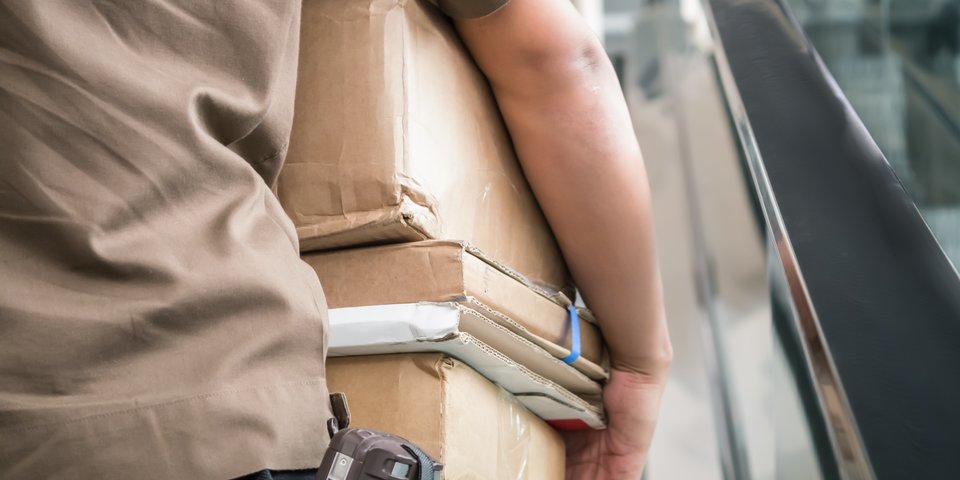 iStockphoto/chat9780
iStockphoto/chat9780EU Product Liability to be updated and more consumer-friendly
The new directive will also force adjustments to be made in Germany.
UM – 01/2024
On 14 December, the Council and the
European Parliament reached a political agreement about the legislative
proposal covering defective products' liability. It will also update the current
law covering civil liability. This is needed to take into account the fact that
many of today's products have digital or AI functions. The current legislation does not
take this into consideration. However, free and open source software is
excluded from its scope.
Digitisation driven by online commerce and circular economy
The European Union (EU) is also reacting to
the increase in online shopping. Online platforms will also be held liable in
the future if they made selling a product possible - this will include products
from third countries. The EU is also clearing the way for transitioning to a
more circular economy, for example, by ensuring that companies and individuals who have
repaired or refurbished a product can be held liable for any damage.
Material and immaterial damage
The new legal framework will ensure that
there is always a company based in the EU - whether it is the manufacturer,
importer or authorised representative - that can be held liable for a defective
product. This will not be limited to material damage only. Medically-recognised
mental health damage will also trigger compensation payments. This is why the
liability period will be extended to 25 years in special, exceptional cases.
Such an exception will be made if the damage symptoms only appear slowly.
Easing the burden of proof
The German Social Insurance also believes that
the agreement covering the compromise text represents a significant step
towards providing better protection to consumers in a changing world. However,
the regulations that make it easier to access compensation are particularly
positive. Courts will be able to order companies to disclose "necessary
and proportionate" evidence in the future. Product defectiveness can be
presumed if the injured consumer would be confronted with excessive problems,
especially those caused by the complexity of the product and the likelihood of
the product being defective. At present, the consumer would have to prove that the
product was defective and that the damage suffered was caused by this defect.
Consequences for Germany
The formal adoption of the proposed new
directive by the Council and the European Parliament will take place shortly
(the final version of the text is not yet available). The new regulations will
apply to products placed on the market 24 months after the directive comes into
force. This means that the German government will have to adapt German product
liability law. This should be straightforward in some respects, for example, when
changing the existing liability claim limitation period to the new limitation period.
But it will be considerably more difficult when it comes to easing the burden
of proof. German law uses a different legal terminology in which the contents
of the new EU directive must be included.
